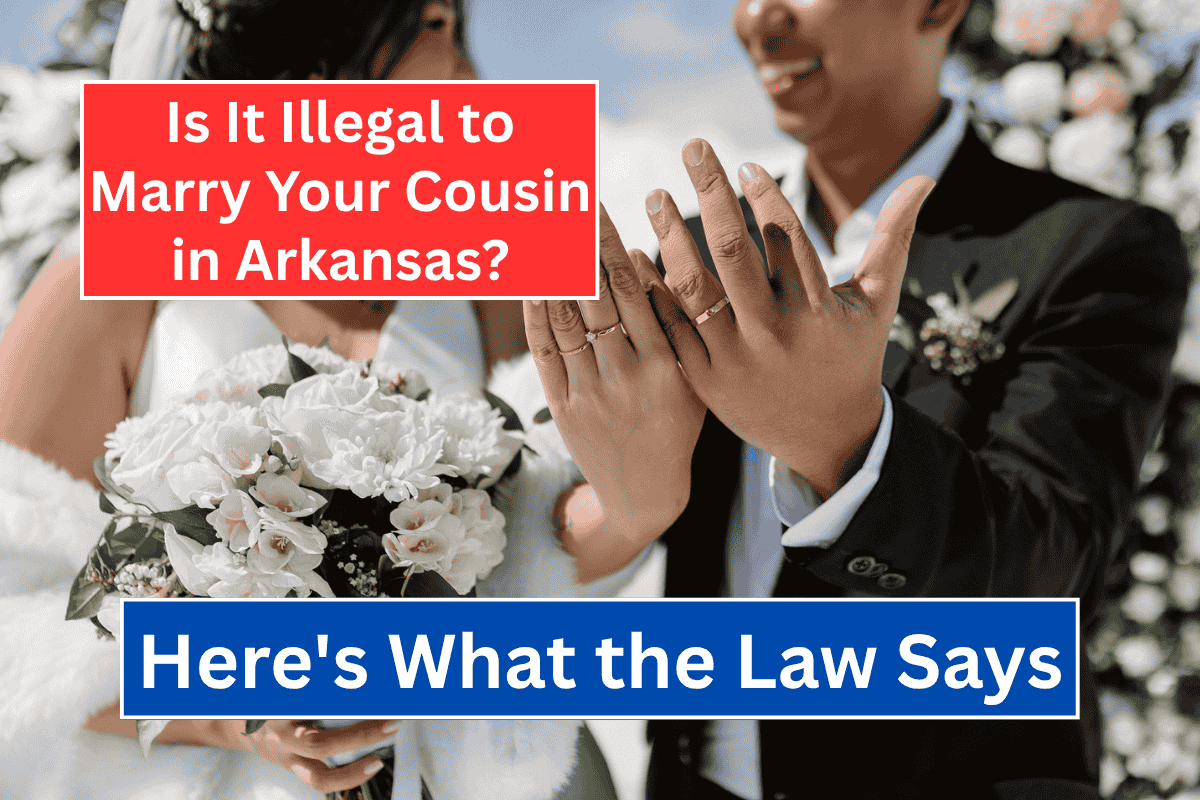Marriage between cousins can affect your ability to get immigration benefits in the U.S. This matters a lot when applying for things like a family visa, work authorization, or defending against deportation.
Whether your cousin marriage is recognized depends on where it happened and where you live in the U.S. We’ll explain how that works below.
What Kind of Cousin Marriage Are We Talking About?
When we talk about cousin marriages in the U.S., we usually mean first cousins (the children of siblings). Some states even ban second-cousin marriages, but that’s less common. So here, we focus on marriage between first cousins.
Are First-Cousin Marriages Allowed in the U.S.?
Since immigration looks at both the location of the marriage and where you live, the rules depend on state laws, not federal law. For example:
- Allowed states: California, Alabama, and Vermont allow first-cousin marriages.
- Restricted states: Illinois and Utah allow it if one partner is infertile or both are over 65.
- Banned states: Texas and Oklahoma not only prohibit first-cousin marriages, they make them criminal.
So if your marriage is legal where you got married and legal where you plan to live, immigration will recognize it.
What About Second Cousins?
Second-cousin marriages are generally allowed in most places. A few states, like Kentucky, ban them, so it’s important to check the specific state law if your partner is a second cousin.
What the Immigration Law Says
The Board of Immigration Appeals decided in Matter of Zappia (1967) that even if your marriage is legal where it happened, immigration only considers it valid if it’s also legal where you live or plan to live—and it must not go against strong public policy in that state.
What Does This Mean for You?
If you marry your first cousin:
- Both the marriage ceremony and your residence must be in a state where it’s allowed.
- For example, marrying in California and living there is fine for immigration.
- Marrying in California but moving to Texas won’t be accepted by immigration.
To sum up: the U.S. immigration system checks two things: where you got married and where you live. If first-cousin marriage is allowed in both places, it’s valid for immigration purposes. If it’s not allowed where you intend to live, then immigration will consider the marriage void.












